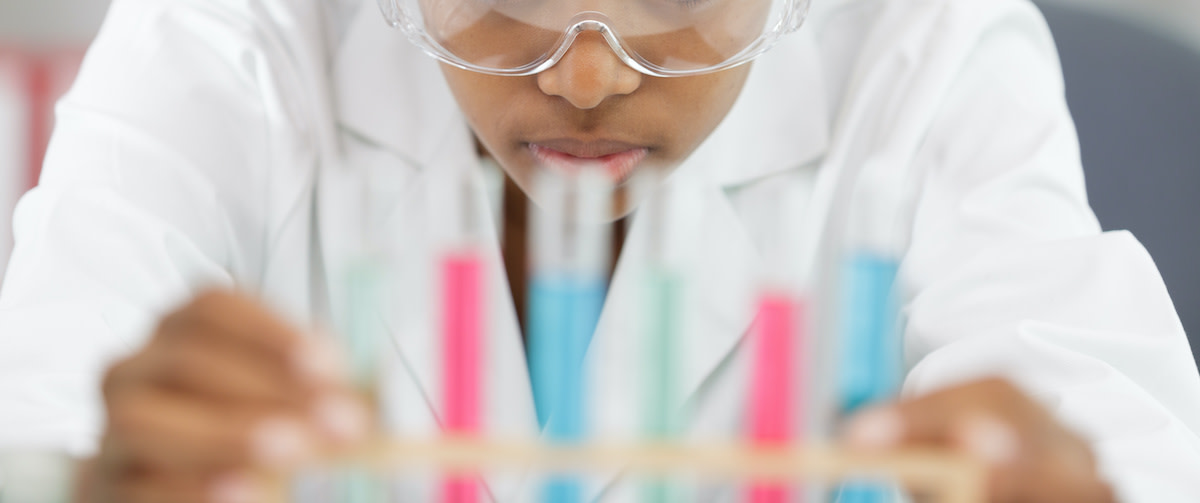7 Characteristics of Science: Qualities of a Good Scientific Study
Written by MasterClass
Last updated: Mar 17, 2022 • 3 min read
The process of science always features certain core characteristics. These central tenets mark the difference between real, reliable science and pseudoscience. Learn more about what makes up the key characteristics of science.
Learn From the Best
What Is Science?
Science is a field of human endeavor that aims to better understand how the real world works through empirical questioning and repeated testing. The field of science features numerous different specific disciplines. All of these work in concert to provide the human race a means by which to accomplish a systematic exploration of the universe around them. By way of analogy, science as a whole is like a symphony orchestra whereas each specific discipline (like physics, biology, and so on) are instruments within the ensemble.
It can sometimes be difficult to tell the difference between good science and pseudoscience, the latter being a study or process that seems scientific but actually cuts corners and therefore delivers unreliable results.
Natural Sciences vs. Social Sciences
Natural sciences differ from the social sciences in terms of their emphasis on extreme precision. Part of this is due to how phenomena in the natural world are more easily quantifiable. This is in contrast to social sciences—for example, the study of why a certain human being or an entire group of people behaves a certain way (as is the case with psychology and sociology, respectively).
7 Key Characteristics of Science
Good science always possesses certain core traits. These seven characteristics of scientific knowledge provide a foundation for all our understanding of the world around us:
- 1. Empirical verifiability: Scientific explanations rest on the ability to display your findings with empirical evidence. If you make any assertion in a scientific discipline, you must be able to show the exact reasons for the claim as well as a testable way to prove your assertion is consistent with reality itself. Some fields of science are primarily theoretical, but even they rely on ironclad mathematical theorems that stand up to the strictest forms of testability.
- 2. Ethical neutrality: Scientific investigations generally leave considerations of morality outside of their equations. Consider something like the development of nuclear technology. While this technology has helped human beings cause great harm to each other, it has also brought significant gains to well-being. Scientists care about data and the pursuit of truth, and they leave ethical considerations up to those who make use of what they discover.
- 3. Malleability: Modern science certainly looks different than science from the times of astronomer Galileo Galilei or physicists Isaac Newton and Albert Einstein. That’s because scientists know even the most widely creditable theorems can turn out to be falsifiable. New data changes assumptions all the time. This is one of the main reasons why peer review is such an important factor in scientific study.
- 4. Objectivity: Good science relies on people’s ability to be as objective as possible. If you approach a science experiment with a preconceived notion in mind, you should reevaluate your basic approach. All scientists must go where the data leads them and not force their desires or conclusions on their experiments too early, no matter whether they specialize in the physical sciences or more recent technologies, such as AI.
- 5. Observability: When you set out to test a scientific hypothesis, you do so in an attempt to observe new evidence in real time. Consider a life science experiment many people do themselves without even knowing it: gardening. When you make adjustments to their light or water to assist their growth, you’re embarking on a rudimentary form of the same process of systematic observation and experimentation that undergirds the most complex scientific research methods.
- 6. Replicability: It’s the nature of science to be repeatable. Every experiment you do should be capable of replication, from truly basic research to more complex forms of experimentation. From computer science to biology and beyond, the scientific community must present data that is consistent from test to test. This replicability is what makes science such a reliable discipline overall.
- 7. Systematic reliability: Science is innately replicable and, as a result, systematically reliable as well. If you follow a scientific methodology, you can rely on the system itself to present you with the same results each time. For instance, if you run an experiment with the exact same independent and dependent variables and chart your results on a graph, you should expect them to be the same—or at least remarkably similar—every time you do.
Learn More
Get the MasterClass Annual Membership for exclusive access to video lessons taught by science luminaries, including Bill Nye, Terence Tao, Neil deGrasse Tyson, Chris Hadfield, Jane Goodall, and more.
